Introduction to Wood Pellet Plants
A wood pellet plant is a facility where raw materials such as wood chips, sawdust, and other lignocellulosic biomass are processed into pellets. These pellets serve as a renewable energy source and have applications in various industries, from heating systems to power generation. Understanding the intricacies of a wood pellet manufacturing plant is essential for businesses looking to invest in this sustainable energy sector.
Types of Wood Pellet Machinery
The core of a wood pellet plant is the wood pellet machine maker, which comes in various designs to meet different production requirements. Some machines are specialized for sawdust, aligning with integrated biomass pellet plants, while others are versatile, handling a range of wood waste. The configuration of these machines affects the pellet's size and shape, with adjustable settings to cater to specific needs.
Applications and Features
Wood pellets produced by pellet factories have a broad spectrum of applications. They are commonly used in residential heating, wood pellet power stations, and even in large-scale power generation facilities like the Drax power station wood pellets. The features of a wood pellet plant often include mobility for agricultural settings, allowing for on-site production, and adaptability to various raw materials, including bamboo wood pellets.
Materials and Advantages
The primary material for pellet production is biomass, with enviva wood pellet and green tree wood pellets being popular choices due to their sustainability and calorific value. The advantage of using a wood pellet plant lies in its ability to create a homogenous fuel source from waste materials, contributing to a closed-loop production system and reducing reliance on fossil fuels.
Choosing the Right Wood Pellet Plant
Selecting the appropriate wood pellet manufacturing plant involves balancing size, operational costs, and production rates. For those requiring mobility, a mobile pellet mill might be the ideal solution, providing the flexibility to produce pellets at various sites. Each plant must be tailored to the specific materials and production goals of the business.
Sustainable Fuel Transition
Transitioning to sustainable fuels is a strategic move for many businesses, and a wood pellet power plant plays a pivotal role in this shift. By converting biomass into a clean-burning pellet form, these plants are at the forefront of eco-friendly energy solutions, aiding in the reduction of carbon emissions and promoting environmental stewardship.

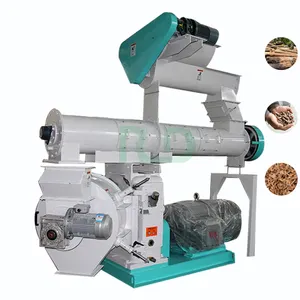
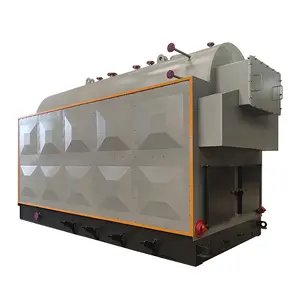

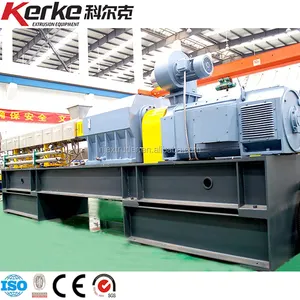

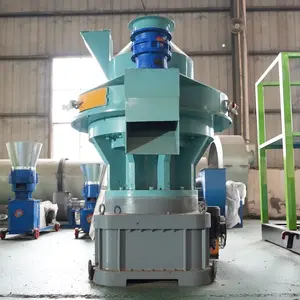



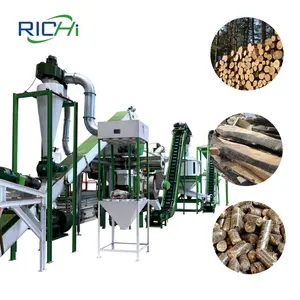
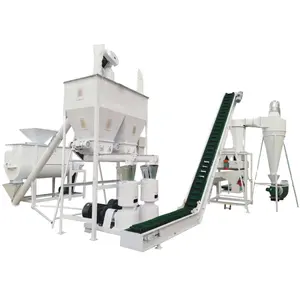
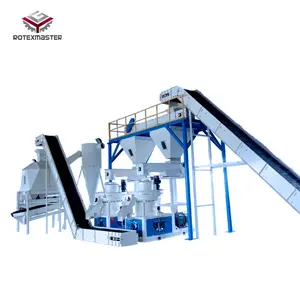
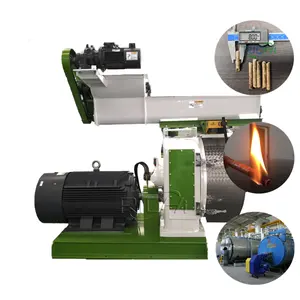







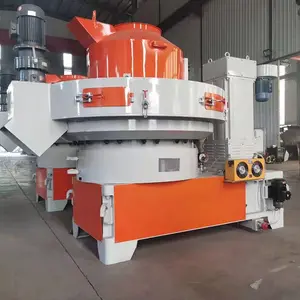



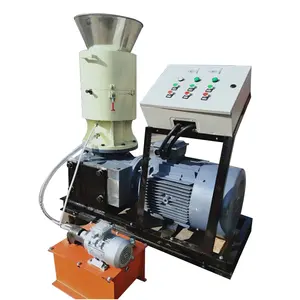
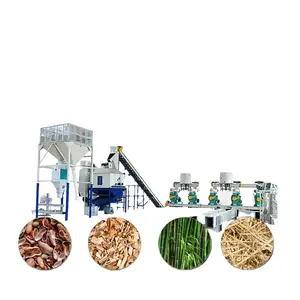

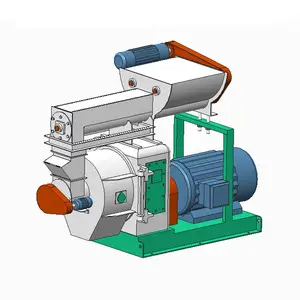



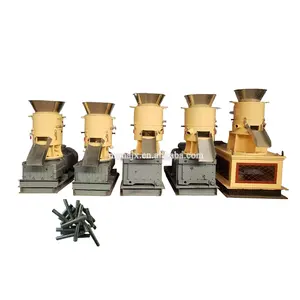

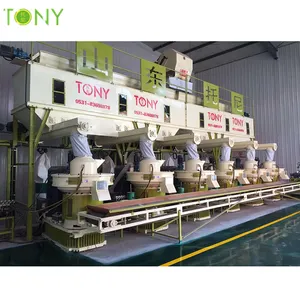


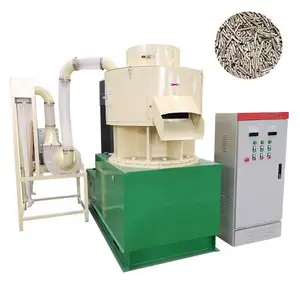

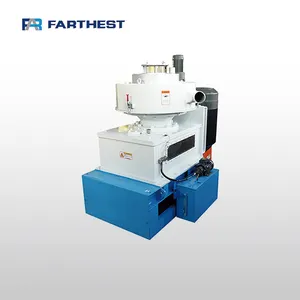


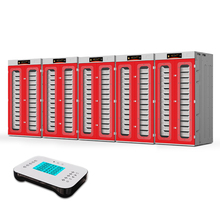
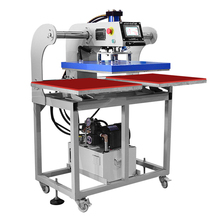
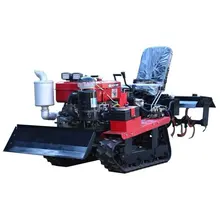































 浙公网安备 33010002000092号
浙公网安备 33010002000092号 浙B2-20120091-4
浙B2-20120091-4